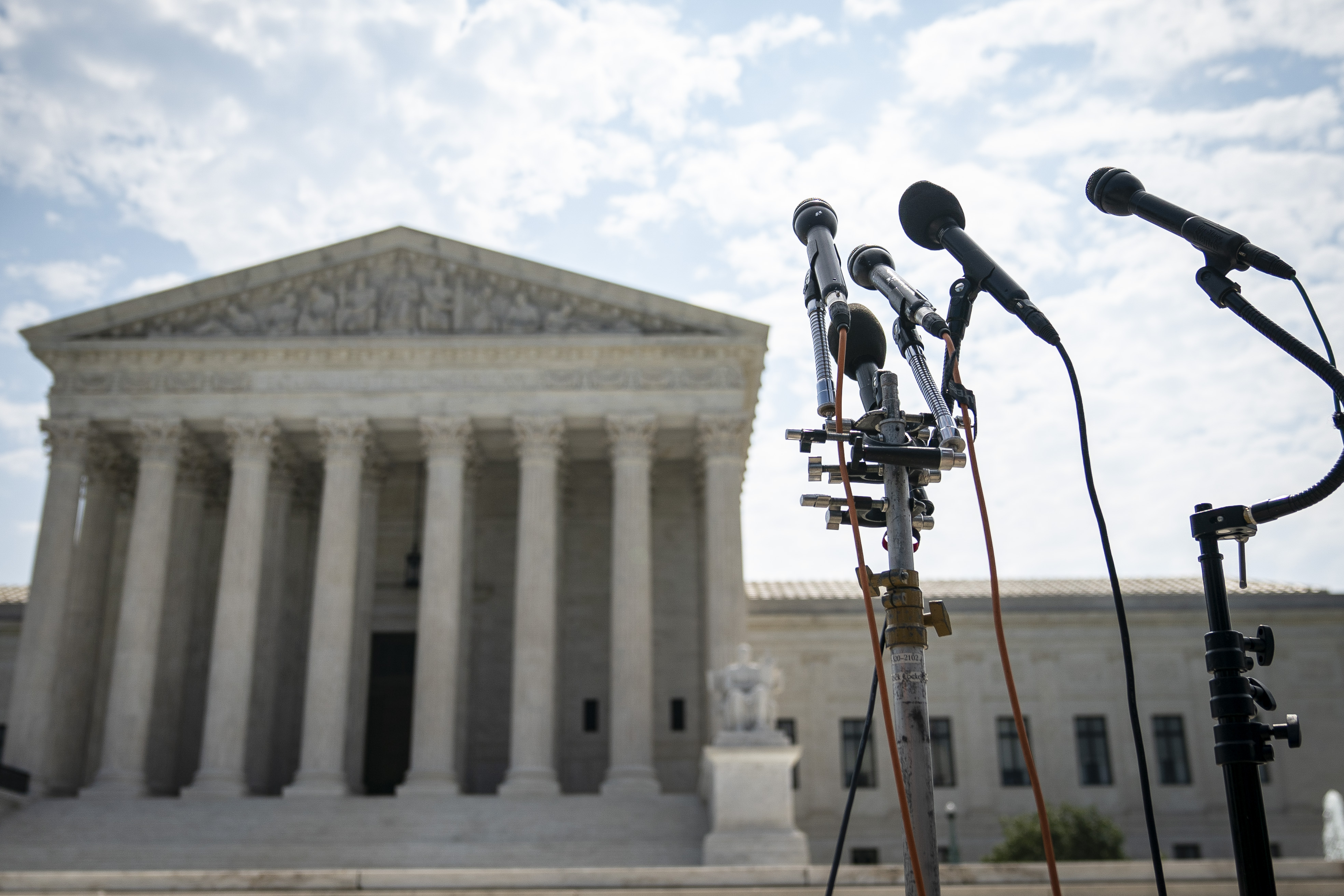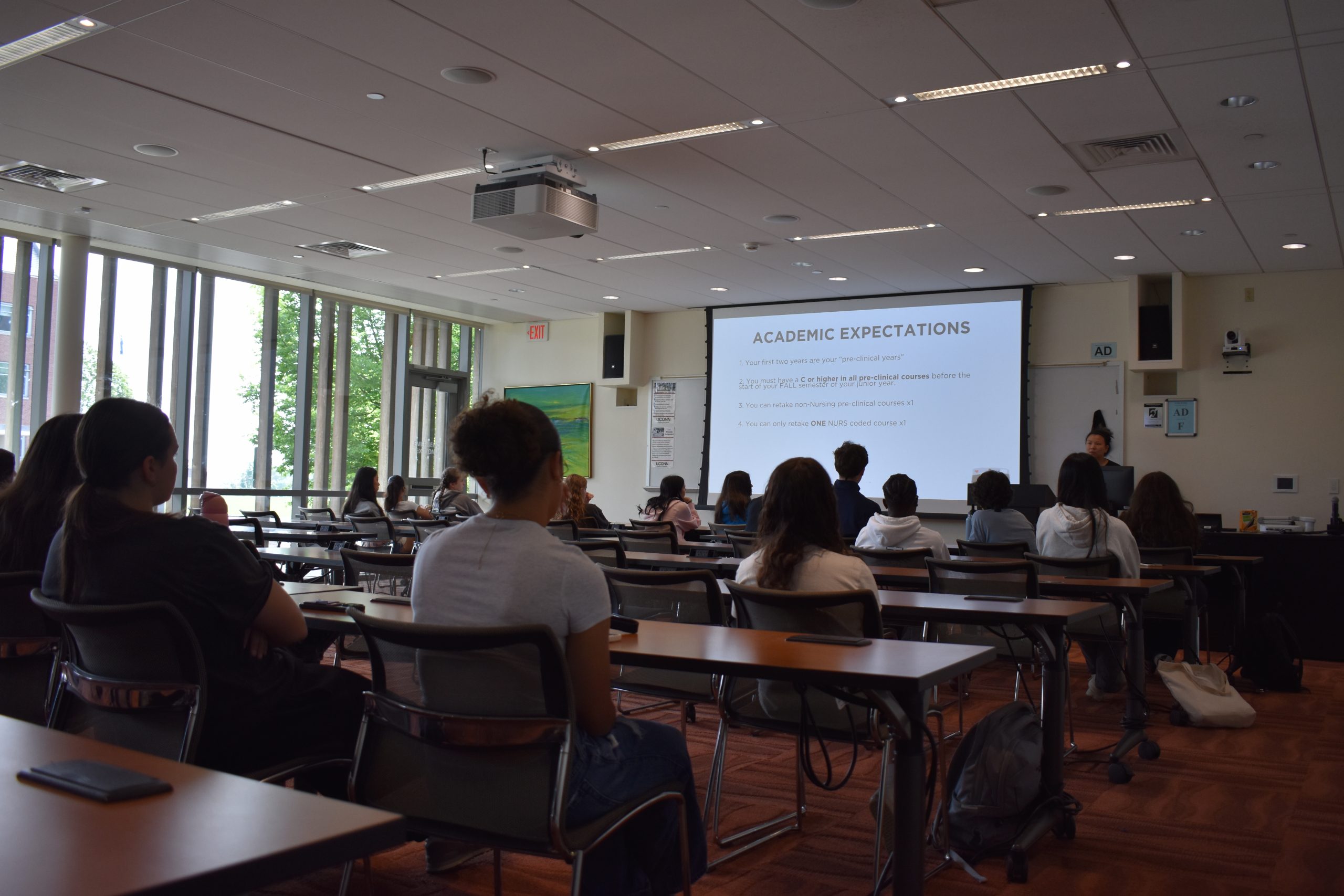The U.S. Supreme Court cited UConn Law Professor Bethany Berger’s brief in a landmark decision that is expected to reframe the sovereignty of American Indian tribal nations.
In an opinion written by Justice Neil Gorsuch, the court held that the Muscogee (Creek) Reservation (which includes Tulsa, Oklahoma) still exists, so the state doesn’t have jurisdiction over tribal citizens there. The court ordered that Jimcy McGirt, a member of the Seminole Nation of Oklahoma who had been convicted in state court of three serious sexual offenses, be given a new federal trial because the crime occurred on tribal land.
”The thread running through the opinion is that when the U.S. makes promises to Indian tribes, it should keep them,” Berger said after the opinion was released. “If it wants to break those promises it has to be clear about that, and it just wasn’t clear enough here.”
In the majority opinion, Gorsuch pointed out that Congress had never acted to withdraw from the treaties, dating back to 1832. “[M]any of the arguments before us today follow a sadly familiar pattern,” he wrote. “Yes, promises were made, but the price of keeping them has become too great, so now we should just cast a blind eye. We reject that thinking. If Congress wishes to withdraw its promises, it must say so.”

The court’s four liberal justices joined Gorsuch in the 5-4 decision.
The decision may mean that the entire eastern half of Oklahoma is tribal territory. The decision itself includes only the Creek Reservation, which comprises about a sixth of the area. But the statutes it considered also affect the Cherokee, Chickasaw, Seminole, and Choctaw reservations.
The court rejected Oklahoma’s warnings about what the reservation would mean for the state, and its reliance on its long, and illegal, exercise of jurisdiction over tribal citizens there: “[D]ire warnings are just that, and not a license for us to disregard the law. . . . . Unlawful acts, performed long enough and with sufficient vigor, are never enough to amend the law.”
The court relied on Berger’s amicus brief on behalf of the National Congress of American Indians, co-authored with Mitchell Hamline Professor Colette Routel, in rejecting these dire warnings. Gorsuch cited a section of the brief that described the success of many towns and cities within reservations, and showed how tribes and states have worked together to everyone’s benefit.
Berger and Routel noted there are hundreds of towns and cities within reservations. They cited the experiences of Tacoma, Wash., which lies partly within the Puyallup Reservation, and Mount Pleasant, Mich., located inside the Saginaw Chippewa Tribe’s Reservation, as evidence that predominantly non-Indian cites “can thrive within reservation boundaries.”
Berger said the decision not only recognized the tribe’s legal rights, but also acknowledged its ability to competently and adequately self-govern.
“One of the most striking things about this opinion was something we highlighted in our brief,” she said. “The court accepted, for the first time, the idea that tribes can be good partners in government.”
Berger is a leading expert in federal Indian Law, property law, and legal history. She teaches American Indian Law, Tribal Law, and Property Law.
“Professor Bethany Berger has long been a national leader in Native American law, and her important role in this case is an example of her influence,” UConn Law Dean Timothy Fisher said. “We are fortunate to have her among our distinguished faculty.”
Berger said that years of hard work by many contributors led to the historic victory.
“I am thrilled right now and obviously proud of my contribution,” she said. “But I really cannot stress enough what a collective effort this was.”



